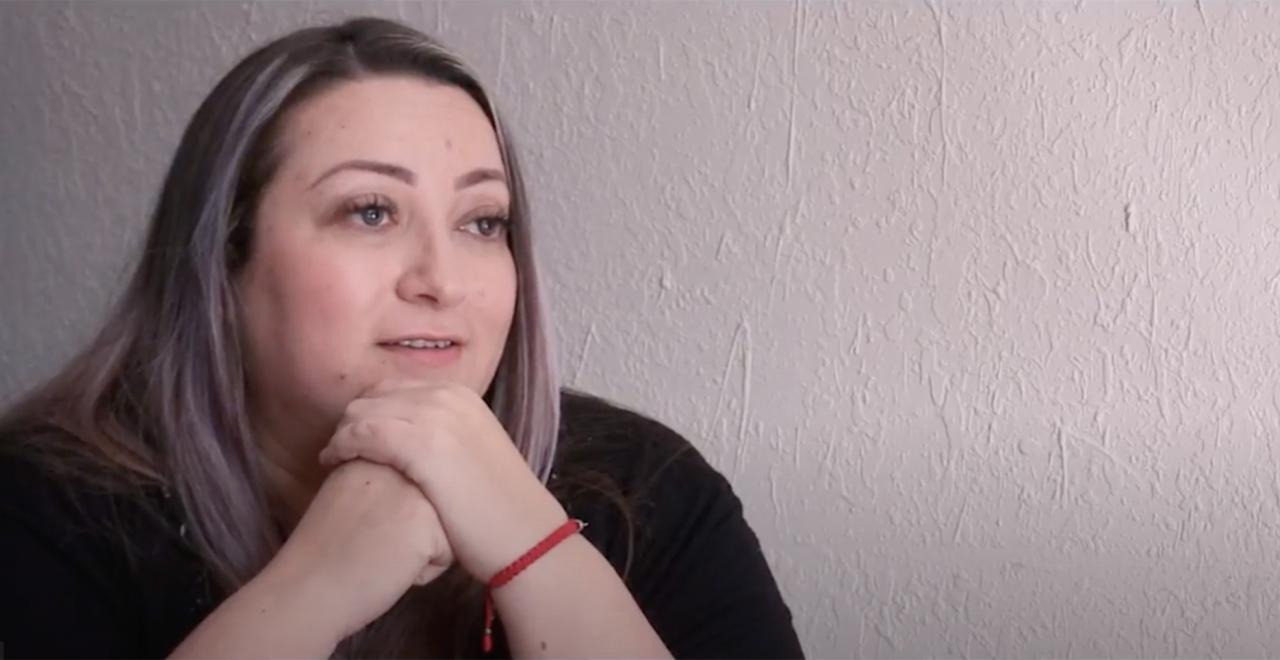
Lydia Cordero
Ciudad Juárez in northern Chihuahua lies just three kilometres from the Texan town of El Paso — so close that the two cities are connected by a pedestrian bridge. Before the COVID-19 pandemic, it was common for children to live on one side and attend school on the other, or for women to perform domestic or care-giving work in El Paso before returning home to Juárez at night.
But life can look very different depending on which side of the bridge you live.
“Ciudad Juárez is one of the most insecure cities in the world,” says Lydia Cordero, Director of the Juárez-based women’s organization 'Casa Amiga Esther Chávez Cano'. “El Paso, Texas, is one of the safest cities in the United States. These are the contradictions that we live each day. We feel what life is like in Ciudad Juárez, especially for women and their daughters, and see how different it is on the other side.”
Juárez has one of the highest rates of femicide (gender-motivated killing of women) in Mexico — significant in a nation where 11 women are killed every 24 hours. Reminders of the deadly epidemic are everywhere: in the rows of pink crosses that dot the city streets and the posters of missing girls that cover posts and windows.
Ending femicide and gender-based violence has become Ms. Cordero’s life’s work.
As the director of Casa Amiga, Ms. Cordero provides services to survivors of violence, including medical care, access to shelters, counselling and legal help. But the organization has also become a leading force for change, working alongside other organizations to raise awareness on the issue. Campaigns like !Ni una más! (Not One More) have brought femicide out of the shadows and put it on the political agenda, while community outreach is helping to change the norms that make violence acceptable.
Ms. Cordero first joined Casa Amiga as a volunteer in 2001 and later became the receptionist when the woman who held the position before her was murdered by her ex-husband on Casa Amiga’s doorstep. It was a pivotal moment, both for Ms. Cordero and the organization.
“Something clicked,” says Cordero of the tragedy that galvanized a movement. “I thought it was time to get [more] involved.” Ms. Cordero was inspired by the way the women of Casa Amiga transformed their pain into a demand for justice. “I haven’t looked back since,” she says.
Over the past two decades, Ms. Cordero has seen the impact of their work firsthand. “I still meet women in the street and they recognize me as their therapist from some group or support space and they talk about how going through Casa Amiga changed their lives,” she says. “I am proud to have worked on this issue for 19 years, to get up every day thinking about how to improve and what to do differently.”
She’s also encouraged by the next generation of young women who are joining the call for equality.
“For me it has been very comforting to hear young voices demanding change, to see young girls immersed in this issue, who have their own demands and their own forms of protest,” she says.
“I know that we are not alone, we are many.”
Spotlight Initiative is working with activists like Lydia Cordero to end femicide and all forms of violence against women and girls in Mexico. We are #WithHer. Are you?
